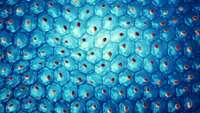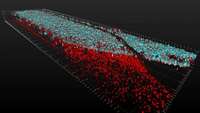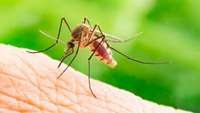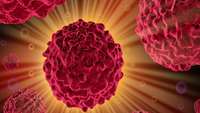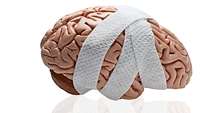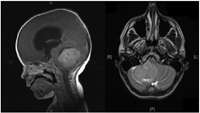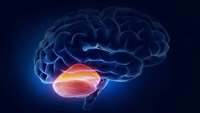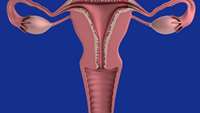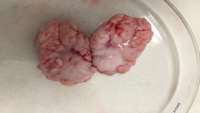Researchers overcome obstacle for future stem cell therapies
Researchers have discovered a new technique that overcomes one of the major challenges of stem cell therapy.
Testing new drugs with ALS-on-a-chip
There is no cure for amyotrophic lateral sclerosis (ALS), a disease that gradually kills off the motor neurons that control muscles and is diagnosed in nearly 6,000 people per year in the United States.
Zika virus study reveals possible causes of brain pathology
In healthy individuals, the Zika virus causes flu-like symptoms. If a pregnant woman becomes infected, the unborn child can suffer from severe brain abnormalities as a result of mechanisms that have not yet been explained.
Investigators study how a protein factor contributes to cancer cell migration
UCLA researchers have discovered a new protein factor that contributes to a fibroblast cells ability to migrate to a wound and participate in its healing process. The studys results could help scientists prevent cancer cells from using the same mechanisms to move throughout the body and spread.
Phase 2 STEMTRA trial using SB623 cells for treating traumatic brain injury meets primary endpoint
The SanBio Group (SanBio Co., Ltd. and subsidiary SanBio Inc.; together, the "Company") announces today that the Phase 2 STEMTRA trial using SB623 cells for the treatment of patients with traumatic brain injury (TBI), met its primary endpoint.
Stem cells show promise as drug delivery tool for childhood brain cancer
The latest in a series of laboratory breakthroughs could lead to a more effective way to treat the most common brain cancer in children.
Cells in little brain have distinctive metabolic needs
Cells metabolic needs are not uniform across the brain, researchers have learned.
Novartis CEO Has One New Breakthrough Drug in the Medicine Cabinet: But It Could Be Costly
This story has been corrected to reflect the fact that the $4 million figure is the cost-effective value for Novartis’s gene therapy drug, not the price.
New study takes first step toward treating endometriosis
Researchers at Northwestern Medicine have taken the first step in bioengineering the human uterus to treat endometriosis, uterine-factor infertility and endometrial cancer.
Celprogen Introduces 3D Printed Human Brain Organelle Model System for Studying Neurological Disease That Can Be Utilized in Generating Novel Drugs
The 3D printed human brain organelle was generated with human adult brain stem cells. The 3D printed human brain organelle was printed with special bio matrix gel material CEP707 consisting of human brain stem cells, brain extracellular matrix and media.


